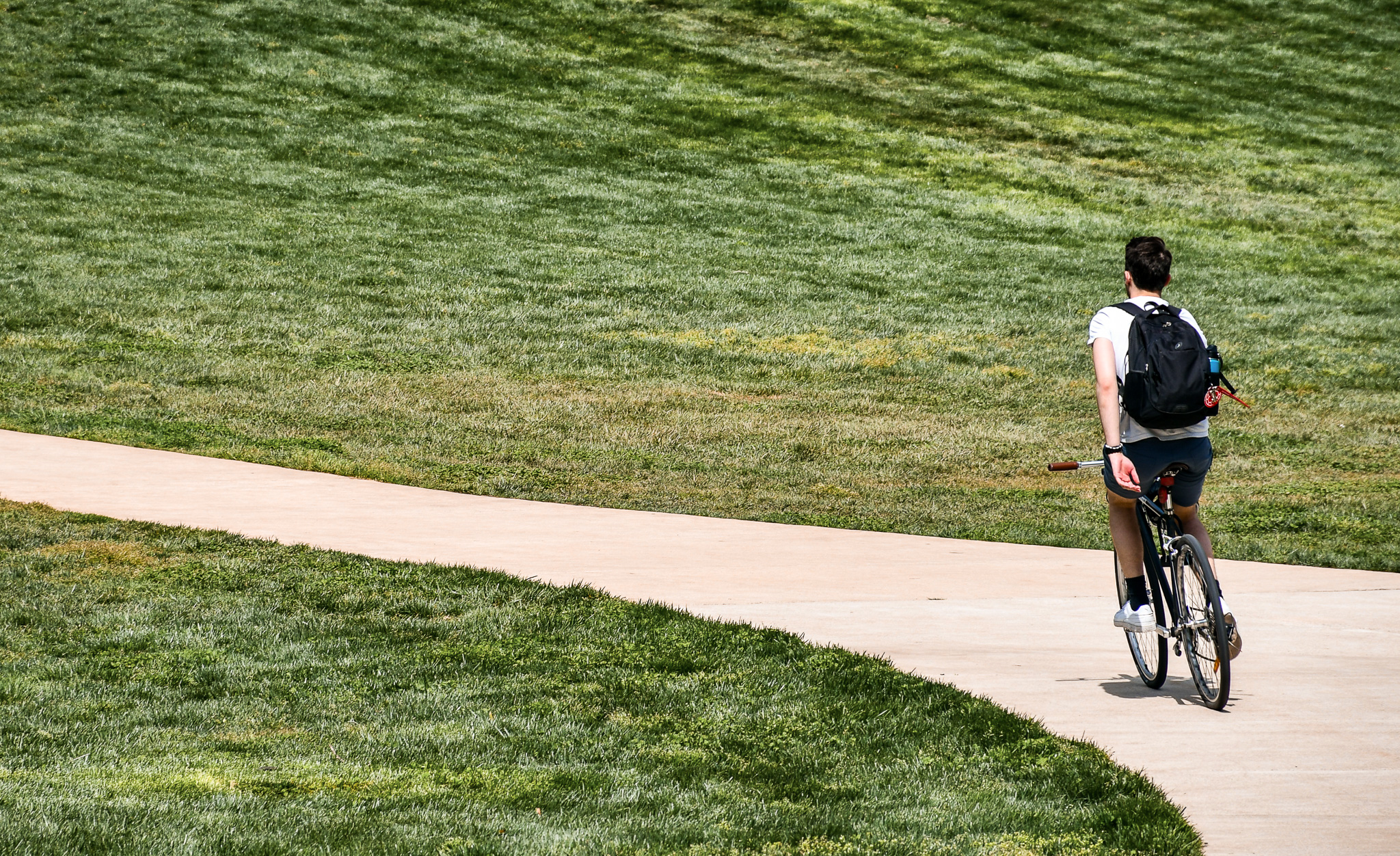Several University of Maryland students say appealing micromobility traffic citations is too difficult.
This semester, University of Maryland Police conducted 278 micromobility traffic stops, which resulted in 142 citations. Appealing a citation requires students to the District Court in Hyattsville — about a 10-minute drive from campus.
“Having to go to court, which is inaccessible, deprives students of the ability to dispute [citations],” Alex Campbell, a freshman civil engineering major, said.
Some students, including Sid Gupta, said that traveling to the courthouse is a burden for students who do not own a car. There are no Metro stations within walking distance of the courthouse.
“What option do students have but to eat the ticket or try to find somebody who might have a car who might be able to take them?” Gupta, a junior public health science major, said.
But there is a Shuttle-UM route and multiple Prince George’s County buses that run from campus to near the courthouse.
Currently, UMPD distributes citations for micromobility traffic violations, while this university’s Department of Transportation Services distributes citations for all parking violations. Students can appeal micromobility parking citations from DOTS online.
For some offenses, UMPD can refer students to this university’s student conduct office.
[UMD DOTS avoids Shuttle-UM cuts with steep fee increase]
Campbell said that UMPD should give referrals to the student conduct office for micromobility traffic violations.
Campbell, the Student Government Association’s engineering representative, is sponsoring an SGA resolution arguing that disciplinary processes for micromobility traffic stops be handled in this university’s student conduct office.
DOTS began requiring students to register their micromobility vehicles with their office last fall. Currently, about 2,400 micromobility vehicles are registered.
This university has attempted to promote safe micromobility practices with educational campaigns. Despite these efforts, traffic violations have persisted.
In an interview with The Diamondback, Carlo Colella, this university’s vice president and chief administrative officer, acknowledged the “collective disappointment” of university community members about the policy’s enforcement, but emphasized the importance of maintaining campus safety.
“The message is getting around that we expect our community to operate safely,” Colella said.
[UMD announces fines, impoundments for electric micromobility vehicles found in campus buildings]
Citations are given for riding micromobility vehicles on the sidewalk, riding with earbuds on and dozens of other offenses, according to Maryland state law.
Citations are based on officer discretion, UMPD spokesperson Rosanne Hoaas said in a statement to The Diamondback. UMPD officers are instructed to assess factors such as the offense’s severity or the driver’s history, she wrote. UMPD has no control over how citations are processed by the courts, according to Hoaas.
Paisley Brockmeyer, a junior neurobiology and physiology major and SGA’s transportation and infrastructure director, said it is reasonable for the citations to be burdensome for students but that they must still be equitable.
Brockmeyer is part of an interdepartmental task force of students and university administrators that aims to create policies about micromobility vehicles on campus. Brockmeyer said the group recently began examining the citations appeal process.
“We’re trying to toe that line of making sure that students have the ability to … appeal these decisions and tickets in an equitable way, but still making sure that it is strict enough that we’re still maintaining safety,” Brockmeyer said.



